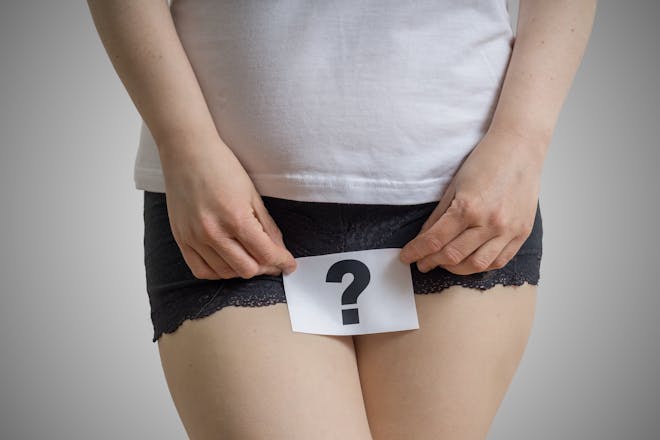Antibiotics could be used to treat endometriosis
Antibiotics could potentially cure endometriosis, experts have revealed
This page contains affiliate links, which means we may earn a small amount of money if a reader clicks through and makes a purchase. All our articles and reviews are written independently by the Netmums editorial team.
Antibiotics could be used to treat endometriosis, a new study has revealed.
Endometriosis is a common gynaecological condition, where tissue similar to the lining of the womb grows in other places.
Up to 50% of women who have the condition are left infertile as it creates lesions, which can cause damage to the fallopian tubes and ovaries.
FREE NEWBORN NAPPIES
But, researchers from Washington University School of Medicine in St. Louis say they have found an antibiotic that reduces the size of lesions caused by the condition.
In mice given the antibiotic metronidazole, endometriosis-related lesions in the gut reduced in size.
The study, published in the journal Human Reproduction, revealed the treatment worked regardless of how long the mice had had endometriosis.
It means there could be a potential way of reversing the painful condition, which affects approximately one in 10 women in the UK.

Metronidazole is the only antibiotic to show these results. Others tested in the study - ampicillin, neomycin and vancomycin - did not affect the size of lesions.
'We may have found a cost-effective treatment'
The study also found bacteria in the gut may help drive, and prevent, the progression of the disease.
Lead researcher Ramakrishna Kommagani, an assistant of obstetrics and gynaecology at Washington University, said: ‘Our initial goal was to understand how these gut bacteria, or microbiota, might be connected to endometriosis, but in the process, we may have found a cost-effective treatment.’
Co-author of the study and professor of obstetrics and gynaecology at the university, Indira Mysorekar, said:
‘This study is exciting. It enables us to conduct future studies aimed at developing simpler ways to diagnose endometriosis. How healthy your gut is, affects your disease burden.
‘What you eat can affect the bacteria in the gut, and that can promote endometriosis, so it’s important to have healthy habits and to make sure you are harbouring good bacteria.
‘This is a silent epidemic in that often women think they are just having cramping during their menstrual cycles.
‘It’s only when the pain reaches a point where they can’t handle it — and it’s not contained within the cycle — that many realise something else is going on.’
So far, the antibiotic has only been tested on mice, but scientists are now planning a large clinical trial to test it on women.
Endometriosis explained
- Endometriosis can affect women of any age, but it's most common in women in their 30s and 40s.
- This chronic condition is often misdiagnosed as IBS, cystitis, fibromyalgia or PCOS.
- One of the main complications of endometriosis is difficulty getting pregnant or not being able to get pregnant at all.
- It can take up to seven years for endometriosis to be diagnosed, by which time some sufferers are infertile.
- Currently, endometriosis is treated with hormone therapy or surgery, but both have significant side effects and carry the possibility of reoccurrence.
To find out more about endometriosis, click here.
Symptoms of endometriosis
The NHS website says, ‘The symptoms of endometriosis can vary. Some women are badly affected, while others might not have any noticeable symptoms.’
The main symptoms of endometriosis are:
- Pain in your lower tummy or back (pelvic pain) – usually worse during your period
- Period pain that stops you doing your normal activities
- Pain during or after sex
- Pain when peeing or pooing during your period
- Feeling sick, constipation, diarrhoea, or blood in your pee during your period
- Difficulty getting pregnant
You may also have heavy periods – you might use lots of pads or tampons, or you may bleed through your clothes.
Source: NHS
How has endometriosis affected you? What do you think of this new study? Share your thoughts and opinions in the chat thread, below.
Related stories:
Endometriosis: the signs, symptoms and how it affects fertility


